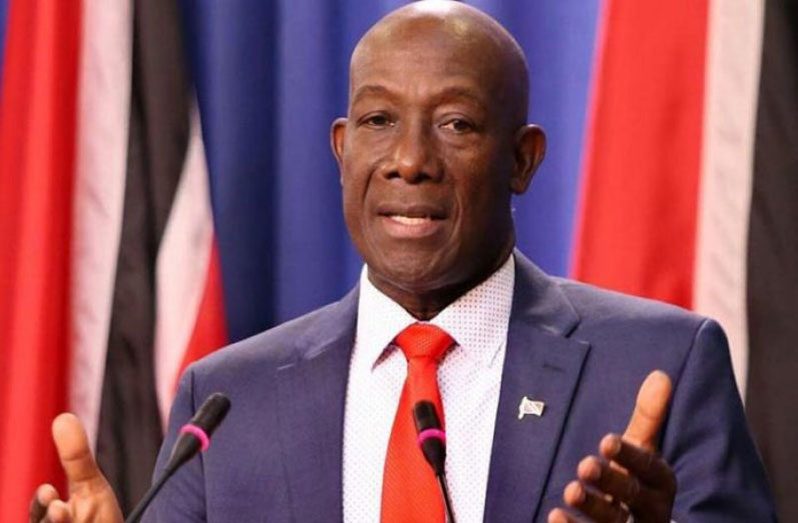— CARICOM Chair says suppliers unable to accept orders because of purchases from larger countries
HEADS of Government of the Caribbean Community (CARICOM) have called for the establishment of a mechanism which allows for small countries to have sufficient and early access to vaccines for the dreaded novel coronavirus (COVID-19). A return to some semblance of normalcy after a year plagued by the dreaded COVID-19 pandemic, hinges on the ability of countries to develop immunity through the vaccination of its people. And, while Member States of CARICOM have all signed on to the highly valued and appreciated COVID-19 Vaccines Global Access (COVAX) facility, the only vaccines received in the region to date were from Prime Minister of India, Narendra Modi, who has donated 100,000 vaccines to Barbados and 70,000 to Dominica through bi-lateral arrangements.
Those vaccines have since been shared with other member states. “We have not been able to access vaccines the way we anticipated… suppliers are saying they are unable to accept order from us because the large countries are purchasing them out,” Chairman of CARICOM, Prime Minister of Trinidad and Tobago, Dr. Keith Rowley, said during a virtual press conference following the conclusion of the 32nd inter-sessional meeting of CARICOM Heads of Government, on Thursday. In a statement subsequent to the press conference, CARICOM said it is ‘dissatisfied’ and ‘deeply’ concerned about the inequitable access to vaccines for Small Developing States, like those of the community. CARICOM, as such, called for equitable access to vaccines in order to curb the impact of the pandemic, to protect its citizens and bolster the regional economy. “As the virus does not discriminate, access to vaccines should not be discriminatory, with a few countries dominating the market with their resources and their volumes,” CARICOM said. Heads of Government noted, too, that even countries with the funds to purchase, have been unable to procure and receive vaccines through commercial arrangements, given the relatively small volumes which they seek.
AGREED TO SHARE
Dr. Rowley had explained that countries within CARICOM have agreed that whoever gets the vaccine will share with those who do not have.
“It appears as though, for a while, we would not be able to access it in the way we would like,” he lamented.
It is for this reason that CARICOM has urged developed countries, especially those whose populations travel frequently to the region, and who host the largest diaspora populations, to make some vaccines available to the community, initially as an interim supply given the immediacy of the need.
CARICOM has since taken a decision to write to the Governments of some traditional partners on the matter.
Other initiatives, such as the procurement of vaccines through the African Union’s African Medical Supplies Platform (AMSP), as well as bilateral arrangements, are being pursued by some Member States with the support of CARICOM.
“We commend the Government of the Republic of South Africa and the African Union, for having carved out an allocation for CARICOM countries,” the community said.
Attention, CARICOM said, is also needed at the multilateral level, so the community has called on the World Health Organisation (WHO) to convene a global summit to address, urgently, the equitable access to COVID-19 vaccines, particularly for developing countries, which should be held in the context of the WHO’s ACT-A Facilitation Council.
It was reported recently that at the halfway point in the World Health Organisation and Director-General, Tedros Adhanom Ghebreyesus’ 100-day challenge, a movement of people and organisations is now uniting together under the banner of vaccine equity.
“There is a growing movement behind vaccine equity and I welcome that world leaders are stepping up to the challenge by making new commitments to effectively end this pandemic by sharing doses and increasing funds to COVAX,” Dr. Tedros said, adding: “This can’t be business as usual and there is an urgent need for countries to share doses and technology, scale up manufacturing and ensure that there is a sustainable supply of vaccines so that everyone, everywhere can receive a vaccine.”




.png)









